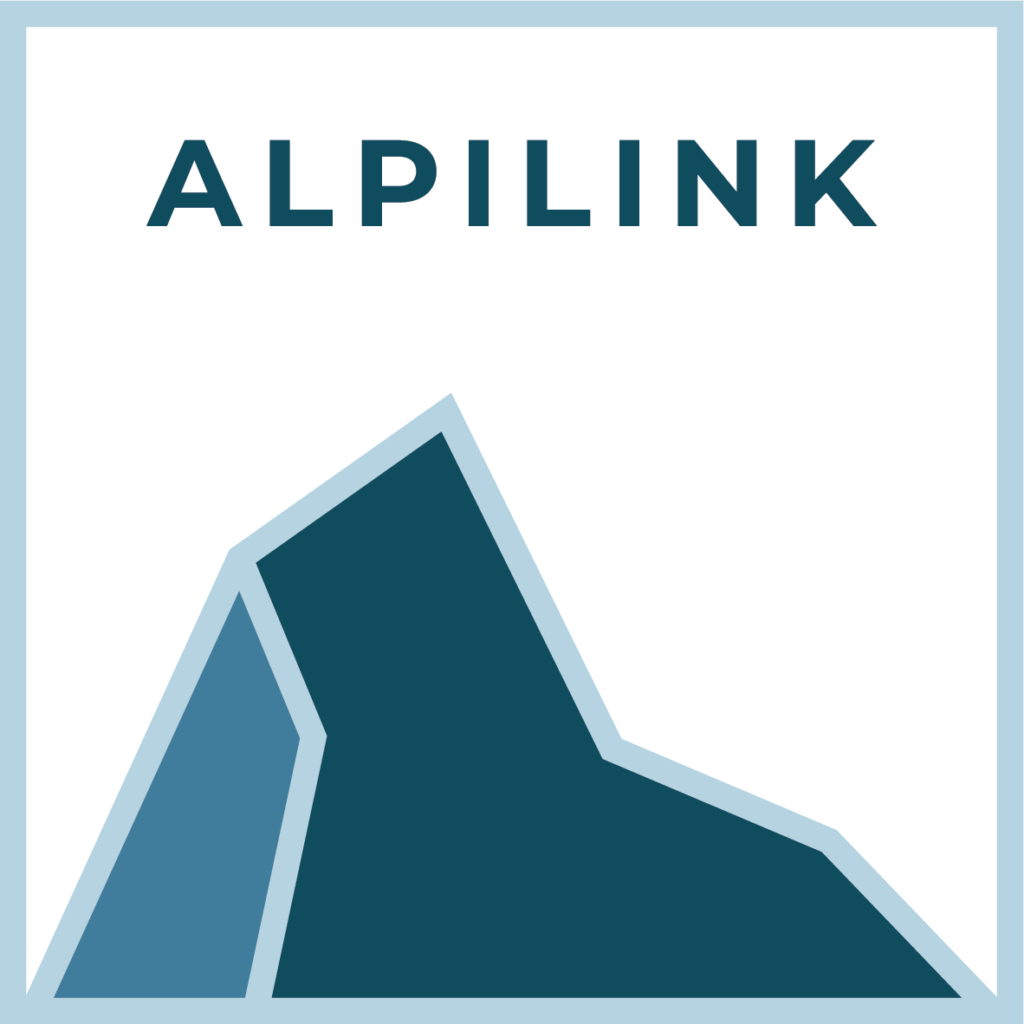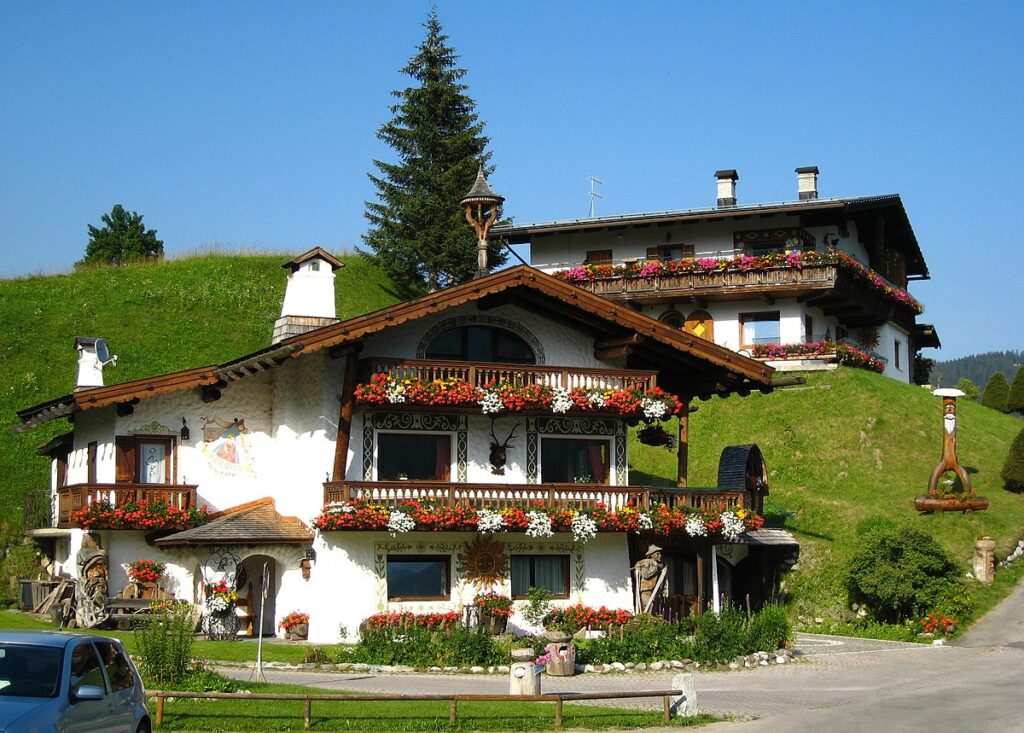The village of Plodn (in Italian: Sappada; in German: Pladen), where the German minority language Sappadino is spoken, is located on the upper reaches of the Piave River in the Carnic Alps. The first detailed written source – a document dated 1296 – refers to a settlement already existing “from time immemorial”, which must therefore have occurred decades earlier. According to language historians, the characteristics of the dialect indicate that the settlers migrated from the Puster Valley in East Tyrol.
From 1852 to 2017, the municipality of Plodn/Sappada belonged to the province of Belluno in the Veneto Region; however, in a referendum (in 2008) the population decided to join the province of Udine in the autonomous region of Friuli-Venezia Giulia. Initially, the settlers lived mostly in isolation and had little contact with the German-speaking territories or with the Romance contact varieties: as a result, the German minority language of Old Tyrolean and South Bavarian origin has retained some features of an older linguistic status.

